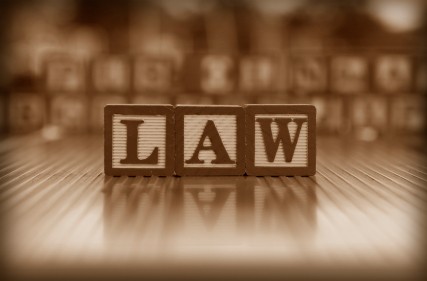A trial by jury is a guaranteed right that all defendants have in the United States. That jury is comprised of average citizens from all walks of life with no special training or skills to serve other than being a U.S. citizen who are at least 18 years old, residing in the judicial district for a set period of time, being proficient in English, having no disqualifying mental or physical conditions, and not having a pending or previous felony conviction. In fact, over 32 million people are called for jury service every year, according to the National Center for State Courts.
Serving on a jury is a cornerstone of democracy and a hallmark of our justice system. Unlike judges, juries historically have been able to ignore the law in order to achieve justice in individual cases that involve unjust rules or their unjust application. This is known as jury nullification.
Jury nullification might sound like a convoluted concept in an already confusing legal system, but the idea is actually quite simple. It happens when a jury returns a verdict of Not Guilty despite its belief that the defendant is guilty of the violation charged. Why would a jury do this? Don’t jurors swear an oath to uphold the law? Yes, but oftentimes it is a tool juries can use to set aside a law they believe is immoral or wrongly applied to the accused.
Jury nullification is legal according to the U.S. Supreme Court, but whether or not juries need to be instructed on this right is a different matter. The Supreme Court has ruled that while the power of jury nullification exists, state courts and prosecutors are not required to inform jurors of this power. Accordingly, judges around the country have routinely forbidden any mention of jury nullification in the courtroom.
The right to disregard the law if you morally disagree with it also comes from the fact that jurors cannot be punished for the verdict they render, no matter how unpopular it is to the general public or the specific judge presiding over the case. Also, defendants found not guilty cannot be retried for the same crime. Hence, once a jury finds a defendant not guilty, there is no mechanism for a prosecutor to bring the case against the same defendant again.
If you or a loved one is in a bind as a result of a criminal charge, immediately contact a Seattle Criminal Attorney. A Criminal lawyer is not going to judge you, and understands that everyone makes mistakes. Hiring a Seattle Criminal Lawyer to help can – at a minimum – reduce penalties, and can help direct people on how to best deal with their criminal charge, and many times even get them dismissed. So it should go without saying that someone cited for a misdemeanor or felony should hire a qualified Seattle Criminal Lawyer as soon as possible. Criminal charges can cause havoc on a person’s personal and professional life. Anyone charged with a crime in Washington State should immediately seek the assistance of a seasoned Seattle Criminal Lawyer.

